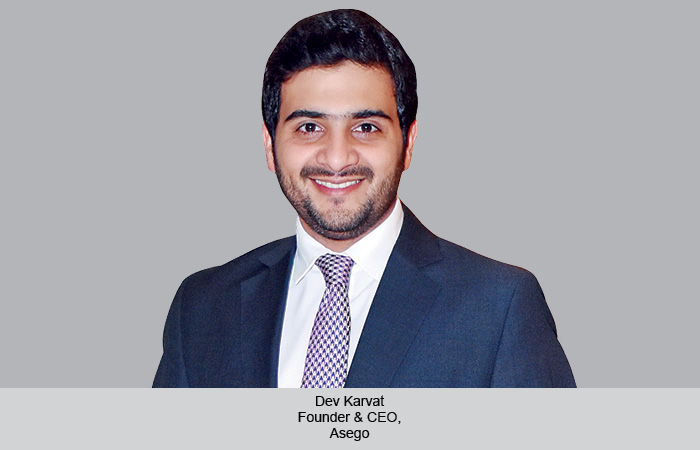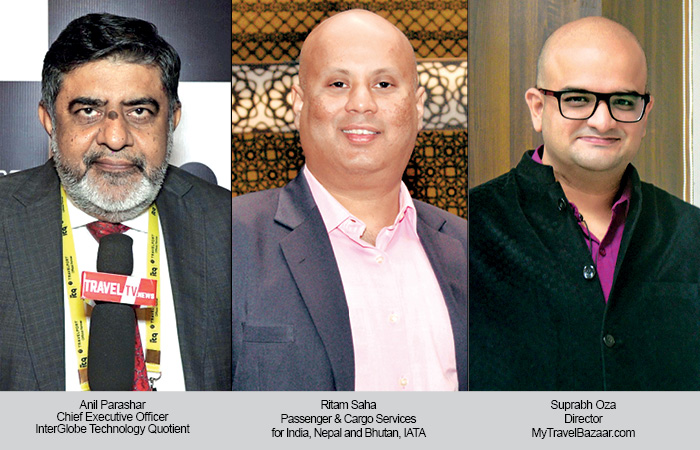Travel insurance is a compliance-heavy sector, but it isn’t just a regulatory requirement – it’s a moral imperative, says Dev Karvat, Founder & CEO, Asego. It not just helps travellers but gives them a peace of mind during unpredictable scenarios.
Hazel Jain
When you are in the business of safeguarding travellers during their most vulnerable moments, often in foreign territories, it becomes imperative to adhere to the highest standards of governance, ethics, and regulation. The compliance landscape in the insurance industry is multi-layered and evolving, says Dev Karvat, Founder & CEO, Asego.
“It spans regulatory approvals, product filings, data protection laws, cross-border regulations, and anti-money laundering norms, among others. Each geography comes with its own regulatory frameworks, which make global operations both a challenge and an opportunity for innovation. We don’t view compliance as a mere box-ticking exercise, we treat it as a cornerstone of trust. For instance, ensuring transparent communication of policy wordings, seamless claims support aligned with local regulations, and robust grievance redressal mechanisms are non-negotiable. With the rise of digital platforms, cybersecurity and data privacy have also emerged as critical compliance pillars,” Karvat explains.
Need for compliance
Karvat believes that compliance in travel insurance is not just a regulatory requirement, it’s a moral imperative. “We collaborate with underwriting partners who share our values and uphold an impeccable reputation for regulatory compliance. When we talk about protecting travellers, we are not just offering them travel assistance, we are offering them a peace of mind during high-stress, unpredictable scenarios far from home. In such moments, trust becomes everything,” he says.
Travel assistance and insurance, by nature, spans multiple jurisdictions, involves sensitive medical and financial data, and touches on healthcare, legal liabilities and emergency assistance. Karvat elaborates, “Without a strong compliance framework, there is a real risk of inconsistencies, misinformation, or worse, failure to deliver when it matters most.”
Be ready for emerging risks
However, while compliance ensures you meet regulatory standards, it does not guarantee that you are safe from evolving threats. “It sets the minimum threshold for responsible operations, ensures regulatory alignment and builds public trust. But the truth is, compliance is often retrospective; it evolves in response to known risks and established patterns. The threats we face today, particularly in the travel ecosystem, are far more unpredictable. Think pandemics, sophisticated cyberattacks, geopolitical instability or climate-induced disruptions. These are not always covered by existing regulatory frameworks in real-time. So, while compliance might keep you on the right side of the law, it does not necessarily keep you ahead of emerging risks,” Karvat says touching on a relevant topic today.
That is where proactive risk management and innovation come in. Asego views compliance as the starting point, not the finish line. “We constantly ask: What new vulnerability could impact travellers? This mindset helps us design solutions that go beyond what is required to what is truly needed,” he says.
 TravTalk India Online Magazine
TravTalk India Online Magazine








